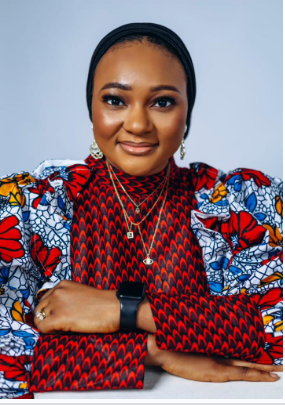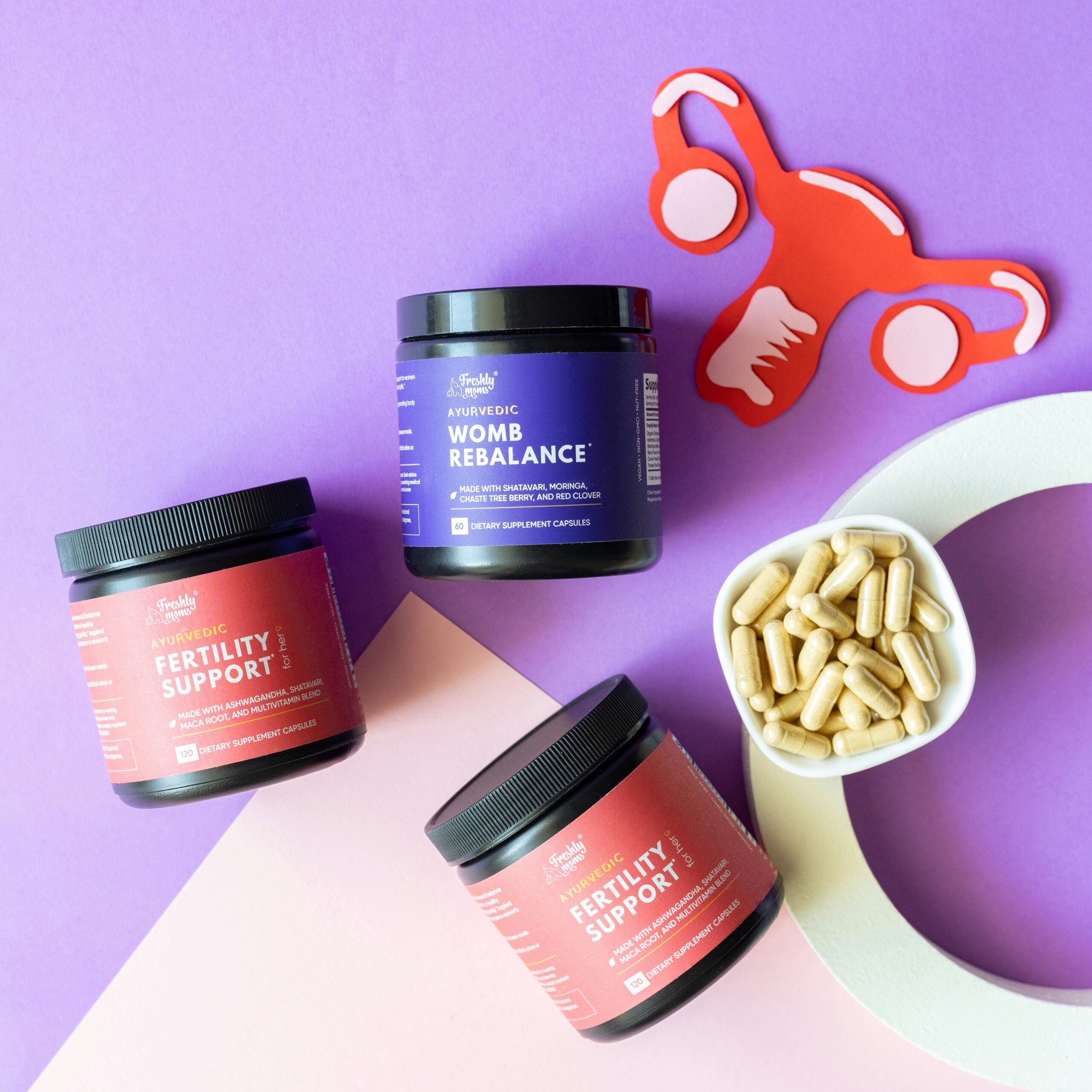
|
Getting your Trinity Audio player ready...
|
Kauthar Opeyemi is a public health professional, midwife-nurse, advocate, and maternal health visionary with decades of experience. She is the Executive Director of Lok Natal Care, a leading maternal health organisation. She is also the producer and co-convener of the PCOS documentary Film Beyond the Symptoms. Her work has earned the Mother of Nation Award (United Nations of Women), Iconic Brand Award, and AFRI WIHA Award. She is also an alumna of YALI RLC West Africa and MARCH Initiative.
In an interview with Naija Feminists Media, Opeyemi shares her journey into activism, the realities of Nigeria’s maternal healthcare crisis, and why amplifying women’s voices is key to saving lives.
Kauthar Opeyemi on Fighting Maternal Mortality Through Lok Natal Care
- What inspired you to start Lok Natal Care and focus on maternal and child health?
I started Lok Natal Care with deep pains after almost losing my friend to childbirth complications. She bled profusely after childbirth and had Uterine Atony (inability of the uterus to contract by itself after having a baby). I saw her on the bed, crying for help and asking me to help while passing out. I ran to call for help, and she was rushed into the theatre.
After some hours, she was brought out, and she survived with the glory of God. That day, I was struck by the painful reality that many women die daily from preventable childbirth complications, especially when timely care isn’t available.
I then dedicated my career to ensuring every woman has the right information, knowledge, and help they need to navigate pregnancy and motherhood seamlessly. That was how the journey started in 2022.
- How does Lok Natal Care challenge the stigma or silence around maternal health complications and reproductive autonomy?
At Lok Natal Care, we use our voice to break the silence and spread the right information on maternal care, both online (leveraging the power of social media and storytelling) and onsite in underserved communities. The core of our work at Lok Natal Care is education, knowledge, empowerment, and the power of community.
We believe every woman should be educated on pregnancy issues, no matter her level of education, have access to the right knowledge, and be part of a supportive community that empowers her to make healthy reproductive decisions.
Pre-eclampsia, eclampsia, and unsafe abortions cause the majority of maternal deaths, postpartum haemorrhage, as well as other delivery-related complications. All these can be prevented and treated with immediate and effective interventions.
- Why is it important to centre women’s voices and lived experiences in shaping maternal health policies and care practices in Nigeria?
It’s important to centre women’s voices on maternal health because women’s health is neglected, especially when it comes to pregnancy and childbirth. The health care systems are overwhelmed in Nigeria, and women barely have access to personalised midwives or gynaecologists without breaking the bank or having to wait so many hours before they get the care they want.
That’s why we need to keep talking and build more solutions like we have done at LOK Natal Care. We need to focus on the need for women’s maternal health regardless of their locations and take it up to political spaces where our voices can be heard, thereby reducing maternal mortality in Nigeria.
4. What policies or changes would you like to see implemented to better support mothers and children in Nigeria?
I would start with the STOP policy that the Lagos state government scrapped. The STOP means Safe Termination of Pregnancy Policy. This means that in Lagos State, as a woman or girl, you can’t walk into a healthcare facility willingly to get an abortion done; it’s considered a criminal act. In that case, many girls and women are robbed of the autonomy to access a safe space and health facility for abortion, pushing them to quacks where unsafe abortions are performed.
Kauthar Opeyemi wins the Iconic Brand award. Photo source: Kauthar Opeyemi
So yes, if there is any policy I want to see changed, it is for the ban to be lifted in Lagos and other states in Nigeria.
- What would you recommend as the most effective way to address issues like postpartum depression and maternal mental health that are mostly overlooked?
First of all, we need to talk about it every single day. Before a woman is pregnant, we talk about it and teach her ways to prevent it, if she wants. We teach her ways to manage her stress level, control her emotions, and cultivate a positive mental state.
Kauthar Opeyemi speaking at the Women of Might event. Photo source: Kauthar Opeyemi
We need to teach men, too, how to provide support, especially during the postpartum phase (popularly known as Omugwo in Nigeria). Continuous awareness, teaching, and advocacy are essential to address postpartum depression and tackle it early enough.
- What advice would you give young advocates or healthcare workers passionate about improving maternal and child health in their communities?
Start now! Now is the best time to double your efforts and ensure you are creating real solutions to real problems. Nigeria has many women, and now is the best time to double our efforts to ensure that more organisations cater to maternal and child health needs.






